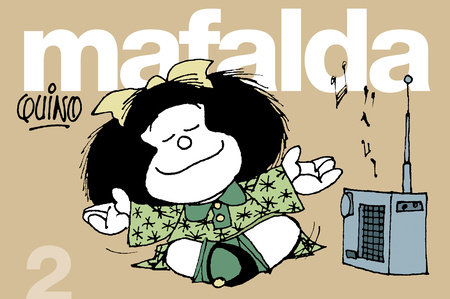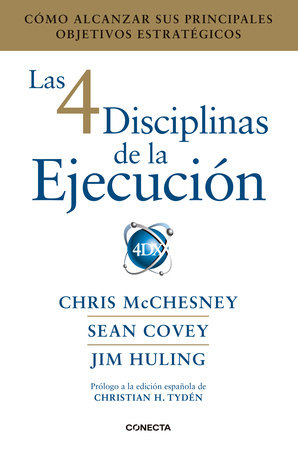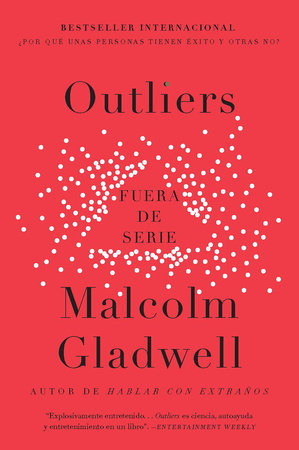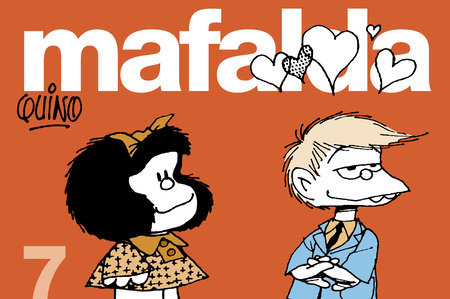

Mute Objects of Expression
By Francis Ponge
Translated by Lee Fahnestock
By Francis Ponge
Translated by Lee Fahnestock
Category: Poetry

-
Jun 02, 2008 | ISBN 9781935744498
YOU MAY ALSO LIKE

Guns Up!

Madrigal’s Magic Key to Spanish

Mafalda 2 (Spanish Edition)

Las 4 Disciplinas de la Ejecución / The 4 Disciplines of Execution

Japanese – English Bilingual Visual Dictionary

Rethinking Diabetes

Outliers (Fuera de serie) / Outliers: The Story of Success

Mafalda 7 (Spanish Edition)

Soul Coaching Oracle Cards
Praise
No poet has looked more determinedly or more ferociously at things than Francis Ponge. —Peter Sirr
Ponge forfeits no resource of language, natural or unnatural. He positively dines upon the etymological root, seasoning it with fantastic gaiety and invention. —James Merrill
Francis Ponge’s prose accepts the truth that things themselves defy our language. The writing accepts this, but is not resigned to it: in Ponge, the presence of trees, ‘the slow production of wood,’ senility itself, bespeak a blazing conflagration that has not happened, which is to say that in Ponge, Being holds out against its every nemesis, and both Being and Non-Being offer themselves to our dream of silence. Ponge is the great poet of our being with things. —Leonard Schwartz
Ponge wrote like a scientist whose language is poetry. He was endlessly inquisitive about his subjects–including the wasp, birds, the carnation, “The Pleasure of the Pine Woods”—but what we end up learning is how the mind animates the world. —American Poet Journal
21 Books You’ve Been Meaning to Read
Just for joining you’ll get personalized recommendations on your dashboard daily and features only for members.
Find Out More Join Now Sign In









